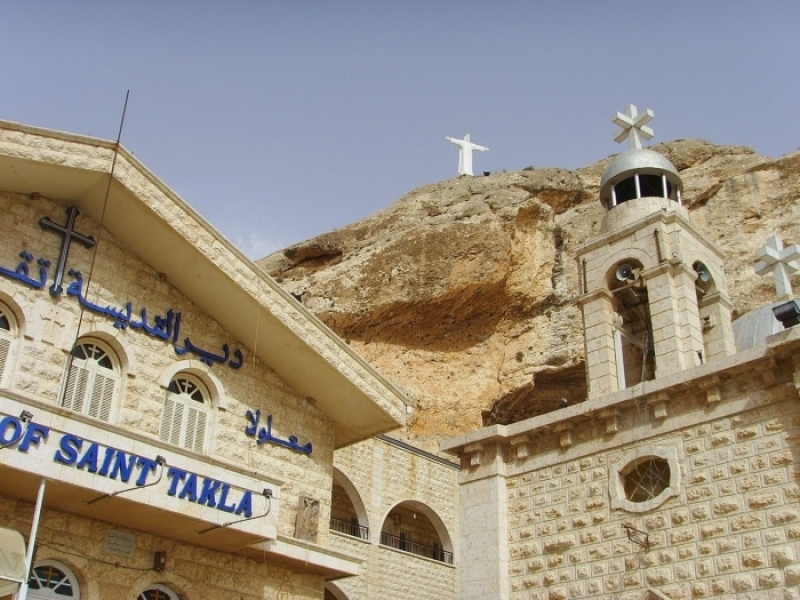
A human rights group has issued a warning that Syrian Christians are facing an uncertain and perilous future under the control of Islamist-led rebel forces. The minority Christian population in the city has significantly dwindled due to years of civil war.
Islamist rebel forces, led by Hay’at Tahrir al-Sham (HTS), recently captured Aleppo, followed by Homs and Damascus during a sweeping offensive that toppled Syrian government forces. Reports indicate that President Bashar al-Assad resigned and left the country on a flight to Russia on Saturday night.
Since HTS's takeover of Aleppo, many Christians have fled, leaving behind a small but committed group striving to maintain their faith and traditions.
“The coming days and weeks will be crucial for the fate of [the] Christian community,” said Jeff King, president of International Christian Concern, in a statement shared with The Christian Post. “Christians, with roots stretching back nearly two millennia, now face an uncertain and perilous future.”
Residents are experiencing worsening food shortages and limited access to drinking water in several areas, according to reports from the Catholic News Agency. Additionally, curfews imposed by the militant group from 5 p.m. to 5 a.m. further restrict daily life, leaving many residents, including Christians, feeling confined and vulnerable.
The blockade of a key highway between Damascus and Aleppo has also forced residents to rely on a congested and hazardous alternative route. The isolation has already claimed lives, including that of Dr. Arwant Arslanian, a Christian physician killed by sniper fire while attempting to flee the city, as reported by the Facebook page of Armenians of Syria.
A bus carrying young Christians was also stranded on the Aleppo Road but later found refuge at the Syriac Orthodox Archdiocese. Many Christian leaders have remained in the city, offering spiritual guidance and practical support to their communities.
Syriac Orthodox Metropolitan Bishop Mor Boutros Kassis and other leaders have utilized social media to communicate, holding prayers and liturgies while encouraging Christian residents to approach their reality with awareness, courage, and faith.
Fears persist among Aleppo’s estimated 30,000 Christians, down from hundreds of thousands before the Syrian conflict began in 2011.
The Switzerland-based group Christian Solidarity International (CSI) has noted that HTS has frequently targeted Christians in Syria through violent attacks and kidnappings, resulting in the deaths of Christian civilians and confiscation of their property.
“In the Salafist worldview that animates HTS, Christians are not heretics to be destroyed (like the Alawites and the Druzes), but ‘people of the Book’ — followers of religions that were revealed before the coming of the [Islamic] prophet Muhammad,” CSI explained. “In lands ruled by Islam, they should be made dhimmis — a protected people who are kept in legal subjugation and pay an additional tax called the jizya,” it continued.
CSI acknowledged that “Until now, HTS has avoided imposing dhimmi status on Christians in Idlib by referring to them as musta’min, or temporary residents.” However, the group questioned, “But how long will HTS maintain this distinction?”
Historically, the Christian community in Aleppo has aligned with the Syrian government, which President Bashar al-Assad, a member of the Alawite minority, has portrayed as a protector of minorities.
The rebel takeover marks a dramatic shift, reminiscent of the persecution faced by Christians during the Islamic State's rule in parts of Syria, when they were systematically targeted, churches were destroyed, and mass kidnappings took place before IS was defeated in 2019.


















